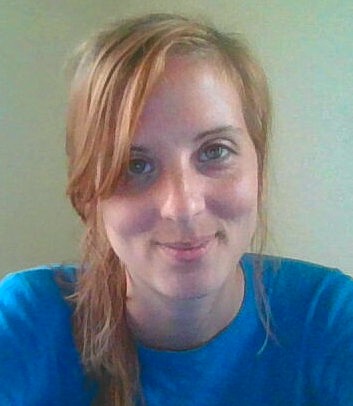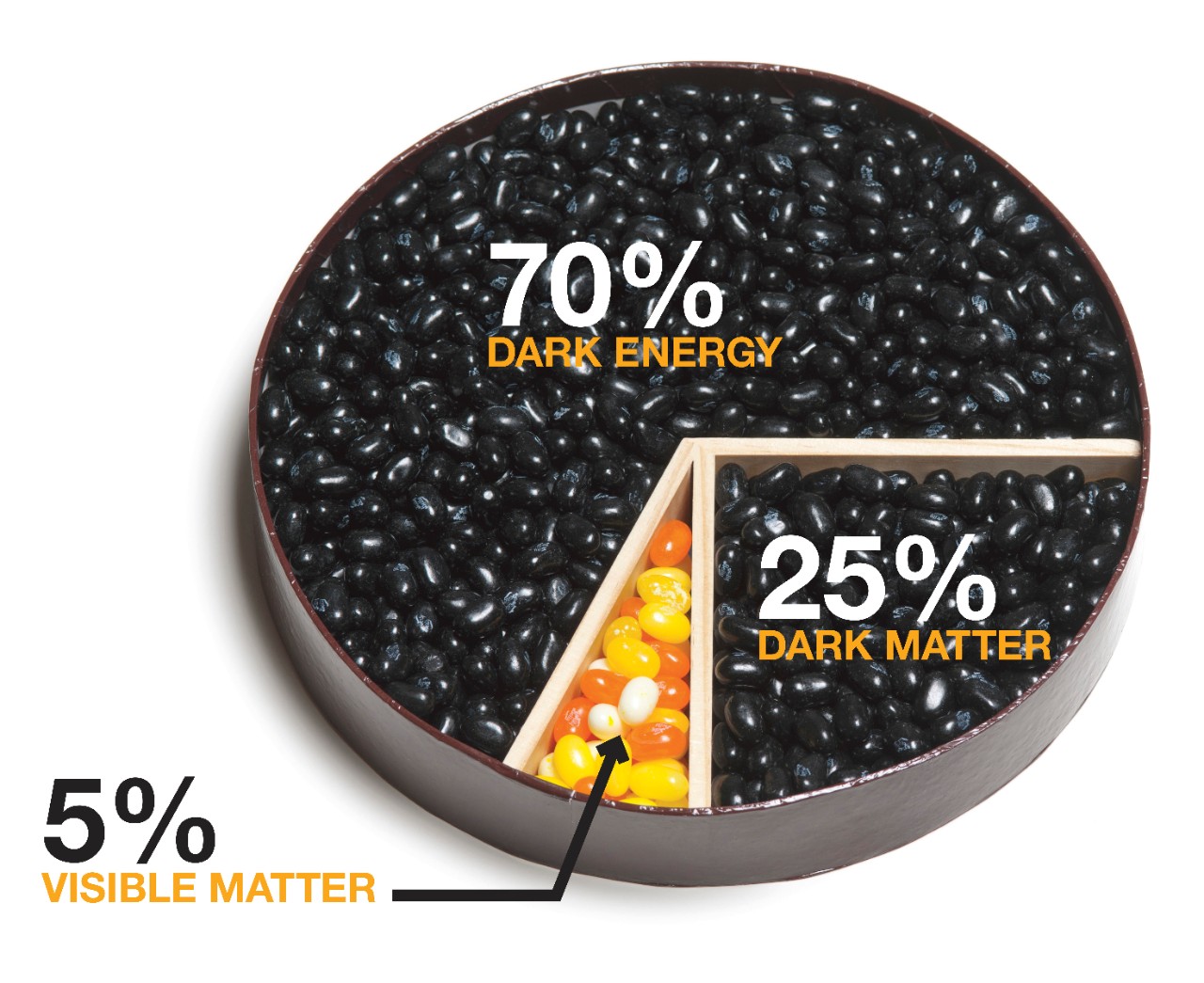
UC student wins national physics fellowship
Doctoral student will explore questions about dark matter at Fermilab
A University of Cincinnati physics student was selected for a prestigious U.S. Department of Energy fellowship.

UC physics student Lauren Street. Photo/Provided
UC College of Arts and Sciences doctoral student Lauren Street was awarded an Office of Science Graduate Student Research fellowship to the Fermi National Accelerator Laboratory, the Illinois-based national laboratory specializing in high-energy particle physics, where she will work on theoretical and computational research in high energy physics.
Previously, UC graduates Joshua Eby and Fady Bishara received the fellowships that allow students to conduct research for their graduate theses alongside department scientists at one of 14 national laboratories.
“The Department of Energy has long been where the nation turns for scientific solutions to complex challenges. Now more than ever we need to invest in a diverse, talented pipeline of scientists, engineers and entrepreneurs who can continue this legacy of excellence,” U.S. Secretary of Energy Jennifer Granholm said. “I’m thrilled that these outstanding students will help us tackle mission-critical research at our labs, and I can’t wait to see what their futures hold.”

What is dark matter? Scientists aren't exactly sure. But they believe dark matter and dark energy represent a majority of matter in the universe. Graphic/Fermilab
This year the Department of Energy awarded 78 fellowships to students at 55 universities around the country. The fellowships allow students to get experience in a national laboratory while working toward completing their research with the mentorship of the department’s scientists.
UC student Street said she will be exploring questions surrounding dark matter. Scientists think much of the known universe is made up of dark matter, but nobody has observed it directly.
What is dark matter?
“We don’t quite know,” Street said. “We see it in the rotation curves of galaxies. We can infer it when we look through our telescopes. But we haven’t observed it directly, so there are a lot of theories surrounding it.”
Street said she is excited at the prospect of meeting scientists who share her enthusiasm.
“Working in a national lab, you have people around you that can help you understand the astrophysics or theoretical physics behind these questions,” she said.
Street said she was drawn to the problem solving that makes up so much of theoretical physics.
“The theoretical side of physics is fun. It’s a really big puzzle — and I love solving puzzles,” she said.

UC physics student Lauren Street received a graduate student research fellowship to study dark matter at Fermilab, home to Fermilab’s Grid Computing Center. Photo/Al Johnson/Fermilab
Street’s adviser, UC physics professor L.C.R. Wijewardhana, said dark matter is an intriguing subject for both theoretical and experimental physics.
“I think she’s very clever,” speaking about his student. “She is dedicated and organized. She has a remarkable ability to multitask. She can work on a number of projects simultaneously and be successful,” he said.
Wijewardhana credited UC physics professor emeritus Peter Suranyi for advising students such as Street who are pursuing questions surrounding dark matter.
“It’s an exciting time for her. You get a chance to expand your horizons,” Wijewardhana said.
Featured image at top: The Hubble Space Telescope captures an image of interstellar gas and dust from the Carina Nebula. Photo/NASA-Goddard
Impact Lives Here
The University of Cincinnati is leading public urban universities into a new era of innovation and impact. Our faculty, staff and students are saving lives, changing outcomes and bending the future in our city's direction. Next Lives Here.
Stay up to date on all UC's COVID-19 stories, or take a UC virtual visit and begin picturing yourself at an institution that inspires incredible stories.
Related Stories
Building reuse is goal in board game
December 11, 2024
This fall, the Cincinnati Reuse Collective hosted a public workshop at the Smoke House in Camp Washington — a vacant building currently being transformed by artist Mark de Jong — to launch a board game called Holding Pattern, designed to teach participants about the often-complex process of vacant building reuse.
Try a 'sustainabilitree' this holiday
December 11, 2024
The Billings Gazette highlighted tips by UC Assistant Professor Teri Jacobs to celebrate the holidays in a more sustainable way.
Record class ready for next opportunity
December 9, 2024
UC will celebrate a record fall commencement Friday at Fifth Third Arena.
